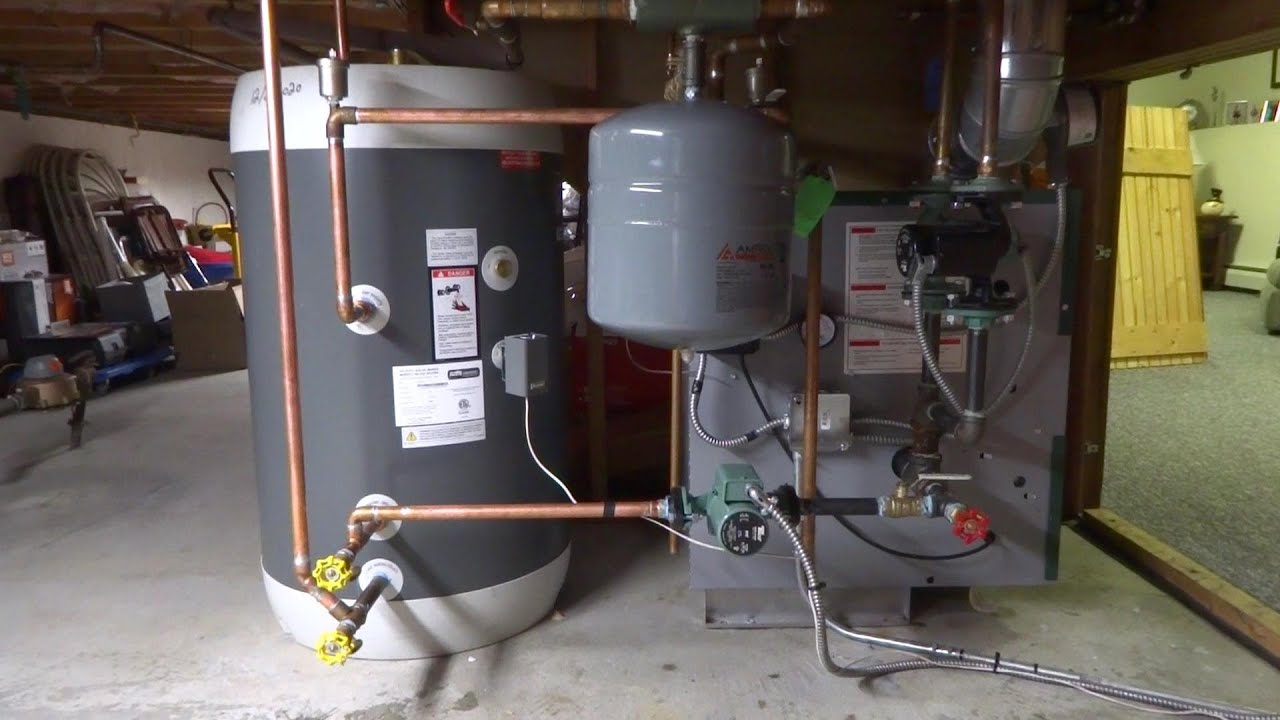

Articles
What Is An Indirect Water Heater
Modified: February 22, 2024
Discover the benefits and functionality of indirect water heaters. Read our informative articles on how these systems work and why they are a popular choice for efficient and effective hot water heating.
(Many of the links in this article redirect to a specific reviewed product. Your purchase of these products through affiliate links helps to generate commission for Storables.com, at no extra cost. Learn more)
Introduction
Welcome to the world of indirect water heaters! If you’re in the market for a water heater upgrade or simply curious about more energy-efficient options, you’ve come to the right place. In this article, we’ll explore the concept of indirect water heaters, how they work, and the benefits they offer. Whether you’re a homeowner, a contractor, or just a curious individual, this article will provide you with the information you need to make an informed decision.
An indirect water heater is a type of water heating system that uses a heat exchanger to heat the water. Unlike traditional water heaters, which use a direct heat source like a burner or electric element, indirect water heaters rely on an external source, such as a boiler or a solar thermal system, to heat the water.
The principle behind an indirect water heater is simple yet effective. The heat exchanger, which is typically a coil or a tank within the main water storage tank, allows the transfer of heat from the external source to the water. As the water circulates through the heat exchanger, it absorbs the heat, raising its temperature to the desired level.
One of the main advantages of an indirect water heater is that it eliminates the risk of exposure to combustion gases. Since the water being heated never comes into direct contact with the heat source, there is no chance of contamination or exposure to harmful fumes. This makes indirect water heaters a safer option for both residential and commercial applications.
Additionally, indirect water heaters can provide a virtually limitless supply of hot water. By connecting to an external heat source, such as a high-efficiency boiler, the water in the storage tank can be continuously heated as long as the primary heat source is functioning. This is especially advantageous for households or buildings with high hot water demand.
In the next sections, we will delve deeper into the workings of indirect water heaters, discuss the benefits they offer, explore the factors to consider when choosing one, and provide tips on installation and maintenance. So, let’s dive in and unlock the world of indirect water heaters!
Key Takeaways:
- Indirect water heaters offer a safe and efficient solution for continuous hot water supply, utilizing an external heat source and eliminating the risk of exposure to combustion gases. They provide energy efficiency, versatility, and peace of mind for homeowners and businesses.
- Proper installation and regular maintenance are crucial for ensuring the optimal performance and longevity of indirect water heaters. Consider factors such as heat source compatibility, tank size, insulation, materials, and warranty when choosing a system. Address common issues promptly with professional assistance to maintain efficiency and reliability.
Read more: What Is The Lifespan Of A Water Heater
Definition of an Indirect Water Heater
An indirect water heater is a type of water heating system that utilizes an external heat source to indirectly heat the water stored in a separate tank. Unlike direct water heaters, which rely on a direct heat source such as a burner or electric element, indirect water heaters transfer heat from an external source to the water through a heat exchanger.
The heat exchanger in an indirect water heater is typically a coil or a separate tank located inside the main water storage tank. This design allows for the transfer of heat from the primary heat source, such as a boiler or a solar thermal system, to the water without direct contact. As the water circulates through the heat exchanger, it absorbs the heat, gradually raising its temperature.
Indirect water heaters are commonly used in residential and commercial applications where a continuous supply of hot water is required. These systems are often connected to high-efficiency boilers or renewable energy sources, such as solar panels or heat pumps, to provide a reliable and energy-efficient solution for heating water.
One of the key features of an indirect water heater is its ability to eliminate the risk of exposure to combustion gases. Since the water being heated never comes into direct contact with the heat source, there is no chance of contamination or exposure to harmful fumes. This makes indirect water heaters a safer option, especially for indoor installations.
Indirect water heaters offer several advantages over traditional water heating systems. They provide a virtually endless supply of hot water, as long as the primary heat source is functioning. This is particularly beneficial for households or buildings with high hot water demands, such as large families or commercial establishments.
Furthermore, indirect water heaters are known for their efficiency. By utilizing an external heat source, these systems can achieve greater energy efficiency compared to direct water heaters. The primary heat source can be optimized for efficiency, while the indirect water heater focuses solely on heating the stored water.
In summary, an indirect water heater is a water heating system that relies on an external heat source and a heat exchanger to indirectly heat the water stored in a separate tank. With their safety features, continuous hot water supply, and energy efficiency, indirect water heaters have become a popular choice for those looking to upgrade their water heating systems.
How Does an Indirect Water Heater Work?
Understanding the workings of an indirect water heater is key to appreciating its efficiency and benefits. Let’s take a closer look at how these systems operate.
The primary heat source in an indirect water heater, such as a high-efficiency boiler or a solar thermal system, generates heat that is transferred to the water indirectly. This heat is conveyed through a heat exchanger, which is usually a coil or a separate tank immersed within the main water storage tank.
When the water within the storage tank is below the desired temperature, the external heat source is activated. In the case of a boiler, hot water flows from the boiler into the heat exchanger, surrounding the coil or tank immersed in the water storage tank.
As the hot water circulates through the heat exchanger, it warms the surrounding water without coming into direct contact with it. This process is known as indirect heating, as the heat is transferred from the hot water to the water in the storage tank without mixing the two.
The heat exchange that takes place raises the temperature of the water in the storage tank to the desired level. Once the water reaches the set temperature, the external heat source stops supplying hot water to the heat exchanger, ensuring that the water does not overheat or waste energy.
It is worth noting that indirect water heaters typically have a separate source of domestic cold water supply. This cold water enters the storage tank and displaces the hot water being used, ensuring a continuous supply. As hot water is drawn from the tank, cold water is simultaneously introduced to maintain a proper balance.
Overall, the operation of an indirect water heater is a clever and efficient process. By utilizing an external heat source and a heat exchanger, these systems provide a reliable and continuous supply of hot water without the risk of direct exposure to combustion gases.
Next, let’s explore the benefits that indirect water heaters offer over traditional water heating systems.
Benefits of Indirect Water Heaters
Indirect water heaters offer a range of advantages over traditional water heating systems. Let’s explore some of the key benefits that make them a popular choice for homeowners and businesses:
- Energy Efficiency: Indirect water heaters are known for their energy efficiency. By utilizing an external heat source, such as a high-efficiency boiler or renewable energy system, these heaters maximize the efficiency of the primary heat source. The indirect transfer of heat also helps minimize energy loss, resulting in significant energy savings over time.
- Endless Hot Water Supply: Unlike tankless water heaters, which can experience limited flow rates, indirect water heaters provide a virtually unlimited supply of hot water. As long as the primary heat source is functioning, these systems can continuously heat the water in the storage tank, ensuring a consistent and reliable hot water supply.
- Improved Safety: Indirect water heaters offer enhanced safety compared to direct water heaters. Since the water being heated never comes into direct contact with the heat source, there is no risk of exposure to combustion gases or the formation of harmful byproducts. This is especially important for indoor installations, providing peace of mind for homeowners and businesses.
- Reduced Maintenance: Indirect water heaters tend to have lower maintenance requirements than direct water heaters. The absence of direct combustion eliminates the need for regular cleaning of burners or vents. Additionally, the separation between the heat source and the water reduces the chances of internal tank corrosion, extending the lifespan of the system.
- Versatility: Indirect water heaters can be easily integrated with a variety of heat sources, making them suitable for various applications. Whether it’s connecting to a high-efficiency boiler, a solar thermal system, or a heat pump, these systems offer flexibility and can be tailored to suit specific heating requirements.
- Space Saving: Indirect water heaters typically have a smaller footprint compared to traditional water heating systems. By utilizing a single storage tank for both hot and cold water, these systems help optimize space utilization in homes or commercial buildings, particularly where space is limited.
These benefits highlight the advantages of indirect water heaters in terms of energy efficiency, unlimited hot water supply, safety, maintenance reduction, versatility, and space-saving design. So, if you’re considering replacing or upgrading your water heating system, an indirect water heater can be a smart and reliable choice.
Now, let’s move on to the factors you should consider when choosing an indirect water heater.
Factors to Consider When Choosing an Indirect Water Heater
When selecting an indirect water heater for your home or business, there are several factors to consider to ensure you choose the right system that meets your needs. Let’s explore the key factors to keep in mind:
- Heat Source: The primary heat source plays a crucial role in the performance and efficiency of an indirect water heater. Consider whether you will be connecting the system to a high-efficiency boiler, a solar thermal system, a geothermal heat pump, or another renewable energy source. The compatibility and output of the heat source will impact the heating capacity and energy efficiency of the indirect water heater.
- Tank Size and Capacity: The size of the water storage tank is an important consideration. Determine the hot water demand of your household or building to ensure that the tank capacity is adequate. Balancing the size of the tank with the available space and your hot water usage patterns will help avoid unnecessary energy consumption and ensure a sufficient supply of hot water.
- Insulation: The insulation of the water storage tank can greatly affect the heat retention and energy efficiency of the system. Look for indirect water heaters with well-insulated tanks to minimize heat loss and reduce energy consumption. Highly insulated tanks also help maintain a consistent temperature for longer periods, ensuring hot water is readily available when needed.
- Materials and Construction: Consider the materials used in the construction of the indirect water heater. Stainless steel tanks are known for their durability and resistance to corrosion, ensuring a longer lifespan for the system. Quality craftsmanship and reliable components are also important for ensuring a reliable and efficient operation of the water heater.
- Installation Requirements: Assess the installation requirements and compatibility of the indirect water heater with your existing plumbing system. Consult with a professional installer to determine if any modifications or additional components are needed to properly integrate the system. Additionally, consider the space availability and accessibility for installation purposes.
- Warranty and Support: Research and compare the warranties offered by different manufacturers. Choosing an indirect water heater with a comprehensive warranty can provide peace of mind, as it protects against any potential defects or issues. Additionally, check the manufacturer’s reputation, customer reviews, and the availability of customer support and service in your area.
By considering these factors, you can make an informed decision when choosing an indirect water heater that aligns with your specific requirements. Remember to consult with professionals, such as plumbers or HVAC contractors, who can provide expert advice and guide you towards selecting the most suitable system for your needs.
Now let’s move on to discussing the installation and maintenance of an indirect water heater.
Tip: An indirect water heater uses a home’s boiler to heat water, providing a more efficient and consistent supply of hot water compared to traditional water heaters. It’s a great option for homes with a boiler system already in place.
Read more: What Is Indirect Cost In Construction
Installation and Maintenance of an Indirect Water Heater
Proper installation and regular maintenance are essential for ensuring the optimal performance and longevity of an indirect water heater. Let’s explore the key considerations for installation and maintenance:
Installation:
1. Consult a professional: It is recommended to hire a licensed plumber or HVAC contractor experienced in installing indirect water heaters. They can assess your specific needs, determine the appropriate size and type of system, and ensure proper installation in accordance with local codes and regulations.
2. System location: Choose a suitable location for the indirect water heater, considering factors such as proximity to the heat source, availability of cold water supply, space requirements, and accessibility for future maintenance.
3. Plumbing connections: Properly connect the indirect water heater to the heat source and the existing plumbing system. Ensure all connections are secure and free from leaks. Follow the manufacturer’s guidelines for the recommended pipe sizes and installation instructions.
4. Expansion tank: In some cases, an expansion tank may be required to accommodate the volume changes that occur as water is heated. Consult with a professional to determine if an expansion tank is necessary for your specific installation.
5. Venting and exhaust: If the indirect water heater is connected to a boiler or another combustion-based heat source, proper venting and exhaust systems must be in place to safely remove combustion gases. Ensure compliance with local codes and regulations regarding venting requirements.
Maintenance:
1. Regular inspections: Schedule periodic inspections by a professional to assess the overall condition of the indirect water heater, check for any leaks, and ensure proper performance. This can help identify and address potential issues before they become major problems.
2. Cleaning: Keep the heat exchanger clean and free from any debris or sediment build-up, as this can impact the efficiency of the system. Follow the manufacturer’s guidelines for cleaning and maintenance procedures.
3. Temperature and pressure relief valve: Test and inspect the temperature and pressure relief valve regularly to ensure it is functioning properly. This valve is a crucial safety feature that releases excess pressure or temperature to prevent damage to the tank or other components.
4. Anode rod replacement: If your indirect water heater has an anode rod, which is used to prevent corrosion, check its condition regularly and replace it as recommended by the manufacturer. This will help extend the lifespan of the water heater by protecting the tank from corrosion.
5. Water quality: Consider the quality of the water in your area. If it is hard or contains high levels of minerals, you may need to implement water treatment methods, such as a water softener or filtration system, to prevent scale buildup and maintain the efficiency of the indirect water heater.
By following these installation and maintenance practices, you can ensure that your indirect water heater operates efficiently, provides a reliable supply of hot water, and has an extended lifespan. Regular professional maintenance and timely repairs are key to keeping your system in optimal condition, so don’t hesitate to seek professional assistance when needed.
Now let’s discuss some common issues that can occur with indirect water heaters.
Common Issues with Indirect Water Heaters
While indirect water heaters are generally reliable and efficient, like any appliance, they can experience issues over time. Awareness of common problems can help you identify and address them promptly. Let’s explore some common issues with indirect water heaters:
- Decreased Hot Water Supply: If you notice a decrease in the amount of hot water or a decline in water temperature, it could indicate a problem with the heat source, such as a malfunctioning boiler or a drop in solar thermal system efficiency. Consult a professional to diagnose and resolve the issue.
- Leaks: Leaks can occur from various areas of the system, including connections, valves, or the tank itself. Even a small leak can lead to water damage and potentially affect the performance of the system. Inspect the system regularly for any signs of leakage and have them repaired by a professional if necessary.
- Sediment Build-up: Over time, sediment can accumulate in the heat exchanger or the bottom of the water storage tank. This can reduce the efficiency of the system and potentially cause clogs. Regular cleaning and maintenance, including flushing the tank, can help prevent sediment build-up and maintain optimum performance.
- Corrosion: Corrosion is a common issue in any water heating system. Proper maintenance, such as regular check-ups, anode rod inspection, and replacement when needed, can help prevent corrosion and extend the lifespan of the water heater.
- Inaccurate Temperature Control: If the water temperature is inconsistent or not matching the thermostat settings, it could indicate a problem with the temperature control system. This could be due to a malfunctioning thermostat, faulty sensors, or issues with the control panel. Contact a professional to diagnose and rectify the temperature control problem.
- Pressure Problems: Issues with water pressure in an indirect water heater can occur due to inadequate expansion tank capacity or problems with the pressure relief valve. Low or fluctuating pressure can affect the system’s performance and safety. Consult with a professional to assess and resolve any pressure-related issues.
Remember, if you encounter any issues or suspect a problem with your indirect water heater, it’s always best to consult with a professional plumber or HVAC technician. They have the expertise to diagnose the problem accurately and provide the necessary repairs or maintenance to restore the performance of your indirect water heater.
Now, let’s wrap up our discussion on indirect water heaters.
Read more: What Is A Point Of Use Water Heater
Conclusion
Indirect water heaters offer a safe, efficient, and reliable solution for meeting your hot water needs. With their unique design and reliance on an external heat source, these systems provide numerous benefits that make them a popular choice among homeowners and businesses.
By utilizing a heat exchanger to indirectly heat the water, indirect water heaters eliminate the risk of exposure to combustion gases, ensuring safety for indoor installations. They also provide a virtually endless supply of hot water, making them ideal for households or buildings with high hot water demand.
One of the key advantages of indirect water heaters is their energy efficiency. By connecting to a high-efficiency boiler or renewable energy system, these systems maximize the performance of the heat source and help reduce energy consumption and utility costs.
When choosing an indirect water heater, consider factors such as the heat source compatibility, tank size and capacity, insulation, materials, installation requirements, and warranty and support. Proper installation by a professional is crucial to ensure the system functions optimally, while regular maintenance, including inspections, cleaning, and component replacements, will help extend its lifespan and maintain efficiency.
While indirect water heaters are generally reliable, common issues can arise, including decreased hot water supply, leaks, sediment build-up, corrosion, inaccurate temperature control, and pressure problems. Addressing these issues promptly with professional assistance will help ensure the performance and longevity of your indirect water heater.
In conclusion, indirect water heaters provide a safe, efficient, and continuous supply of hot water. Whether you’re upgrading an existing system or installing a new one, indirect water heaters offer the benefits of energy efficiency, versatility, and peace of mind. By understanding how they work, considering the necessary factors, and prioritizing proper installation and maintenance, you can enjoy the comfort and convenience of a reliable hot water supply for years to come.
So, what are you waiting for? Explore the world of indirect water heaters and make an informed decision to meet your hot water needs. Enjoy the benefits of efficiency, safety, and peace of mind that come with this innovative water heating technology.
Frequently Asked Questions about What Is An Indirect Water Heater
Was this page helpful?
At Storables.com, we guarantee accurate and reliable information. Our content, validated by Expert Board Contributors, is crafted following stringent Editorial Policies. We're committed to providing you with well-researched, expert-backed insights for all your informational needs.
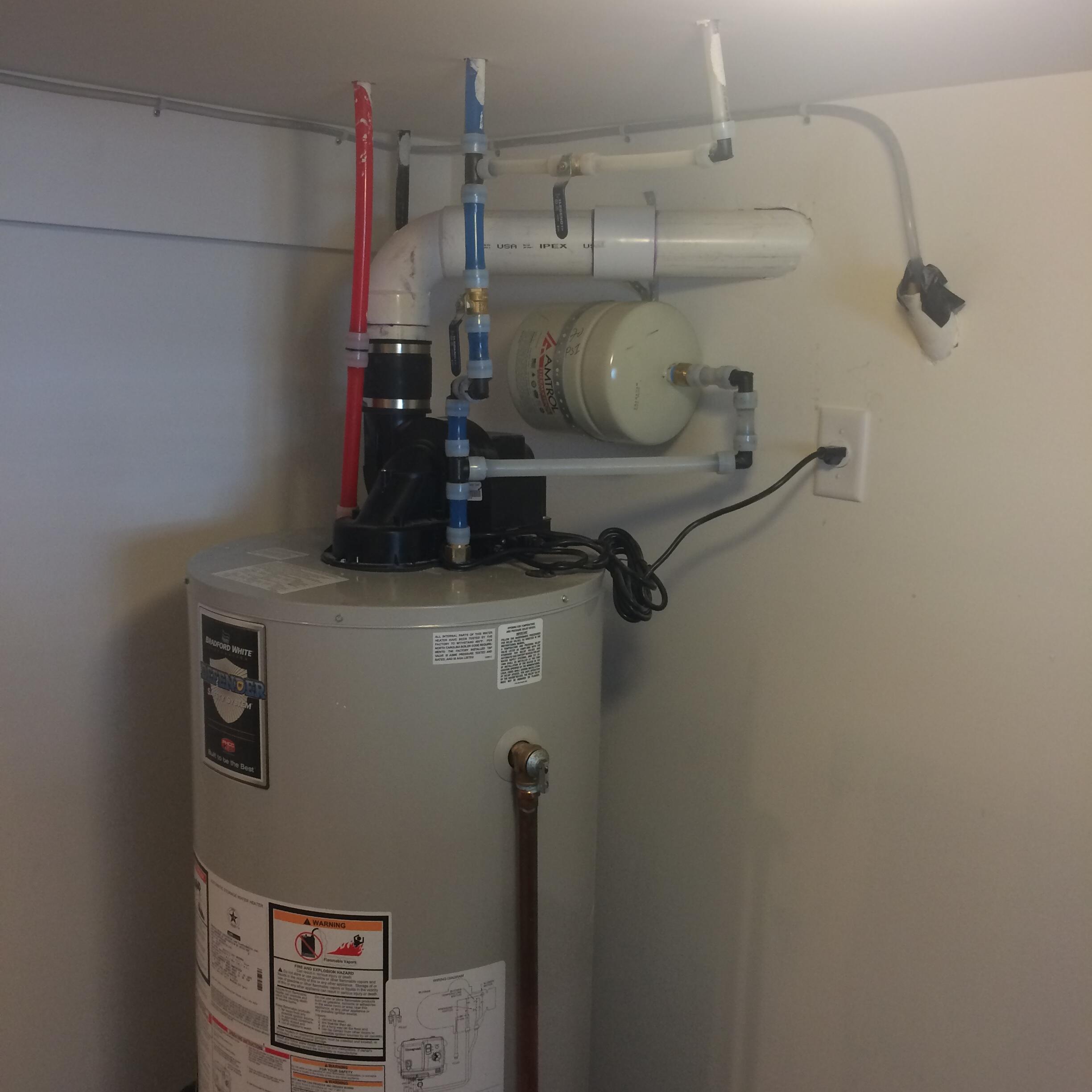
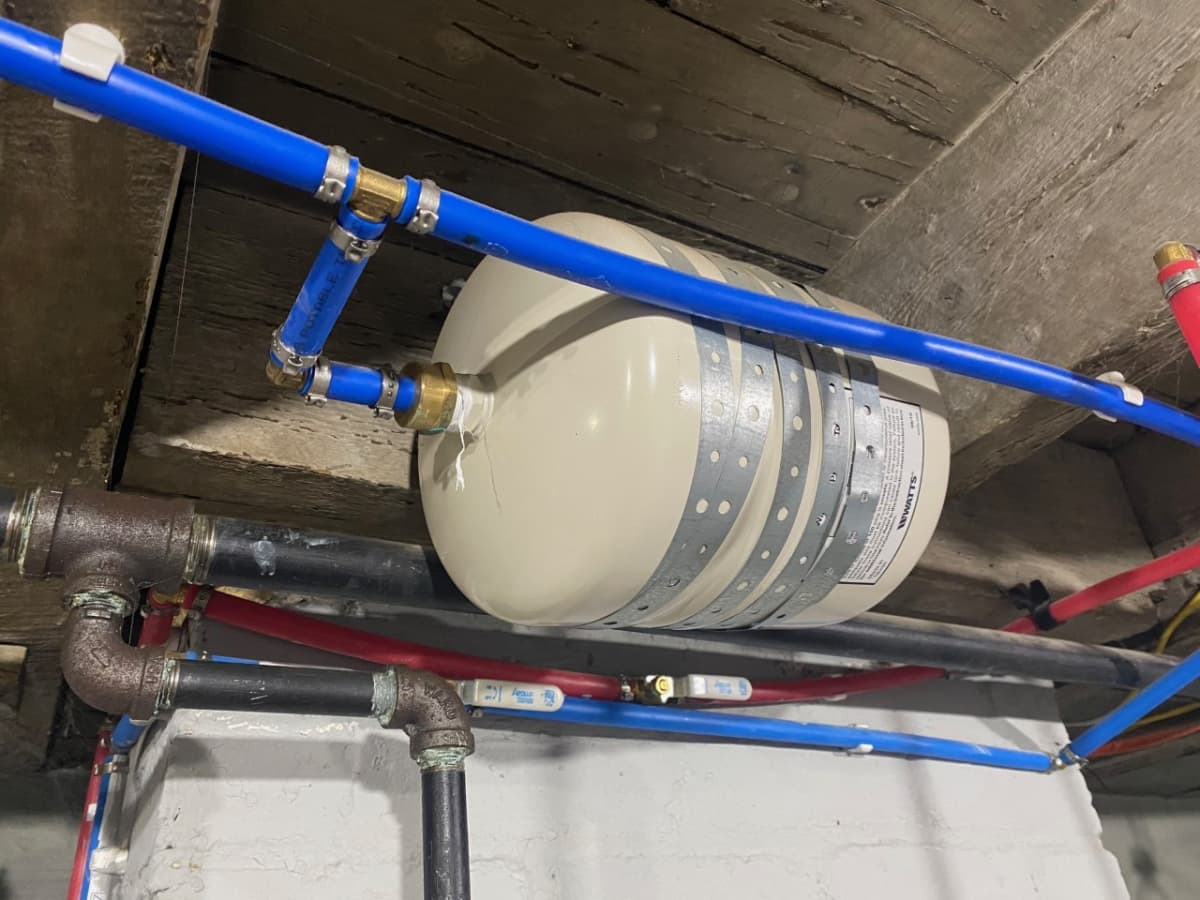
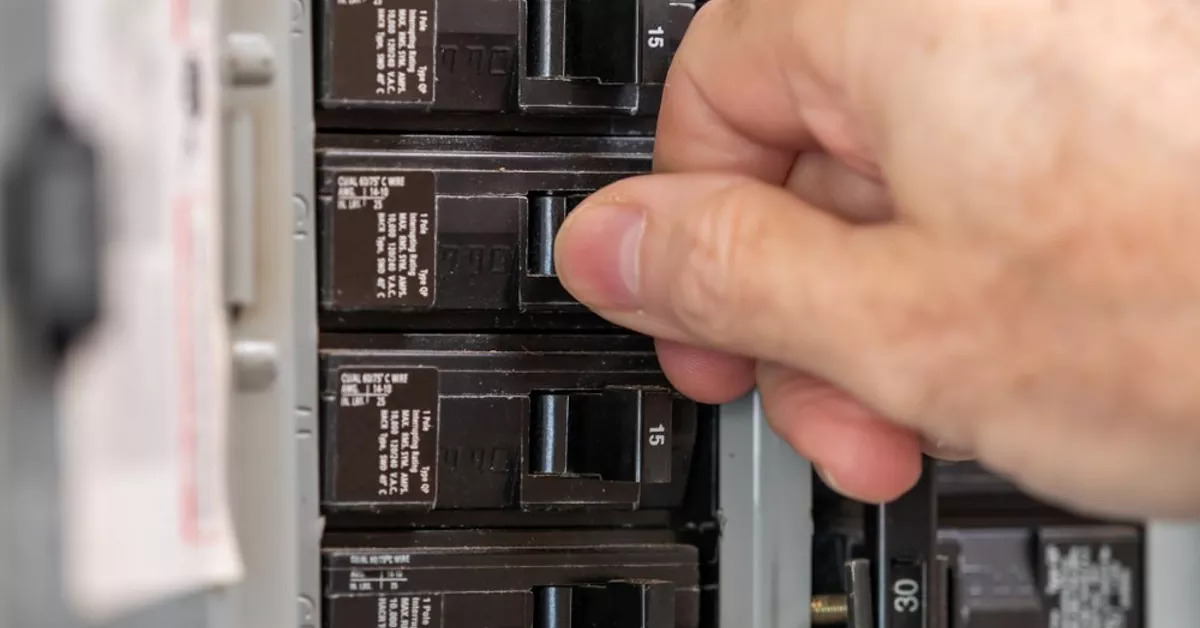
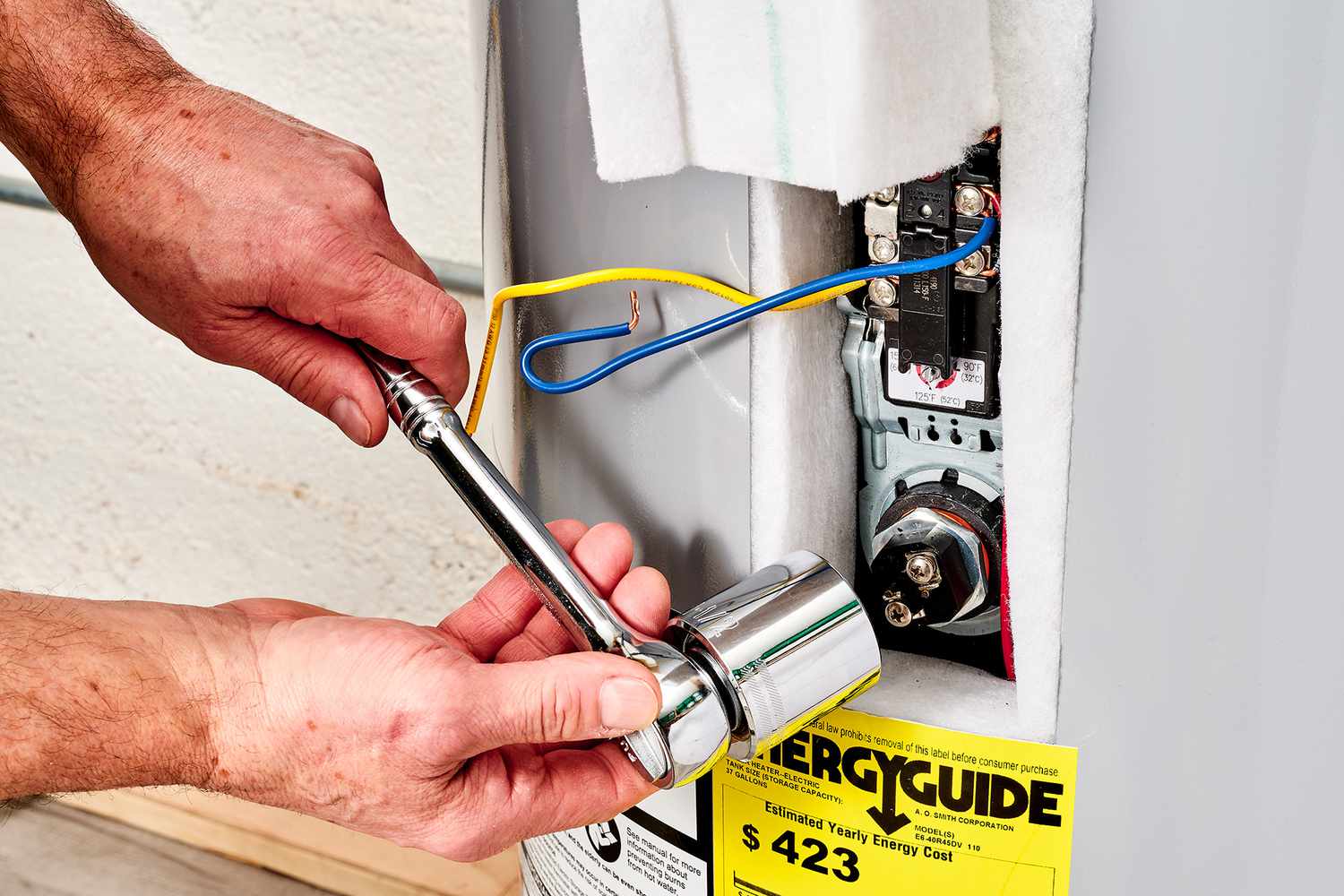
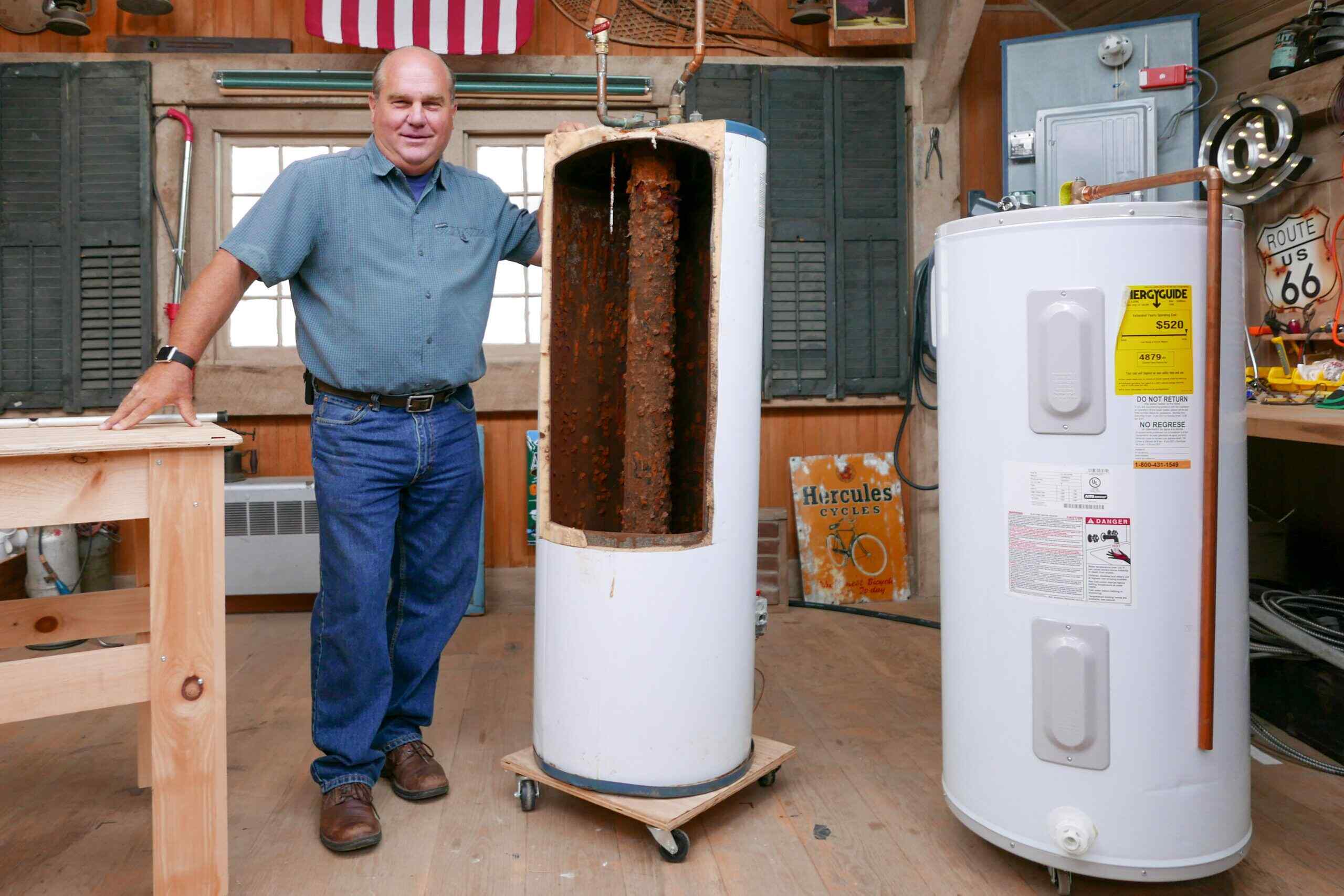
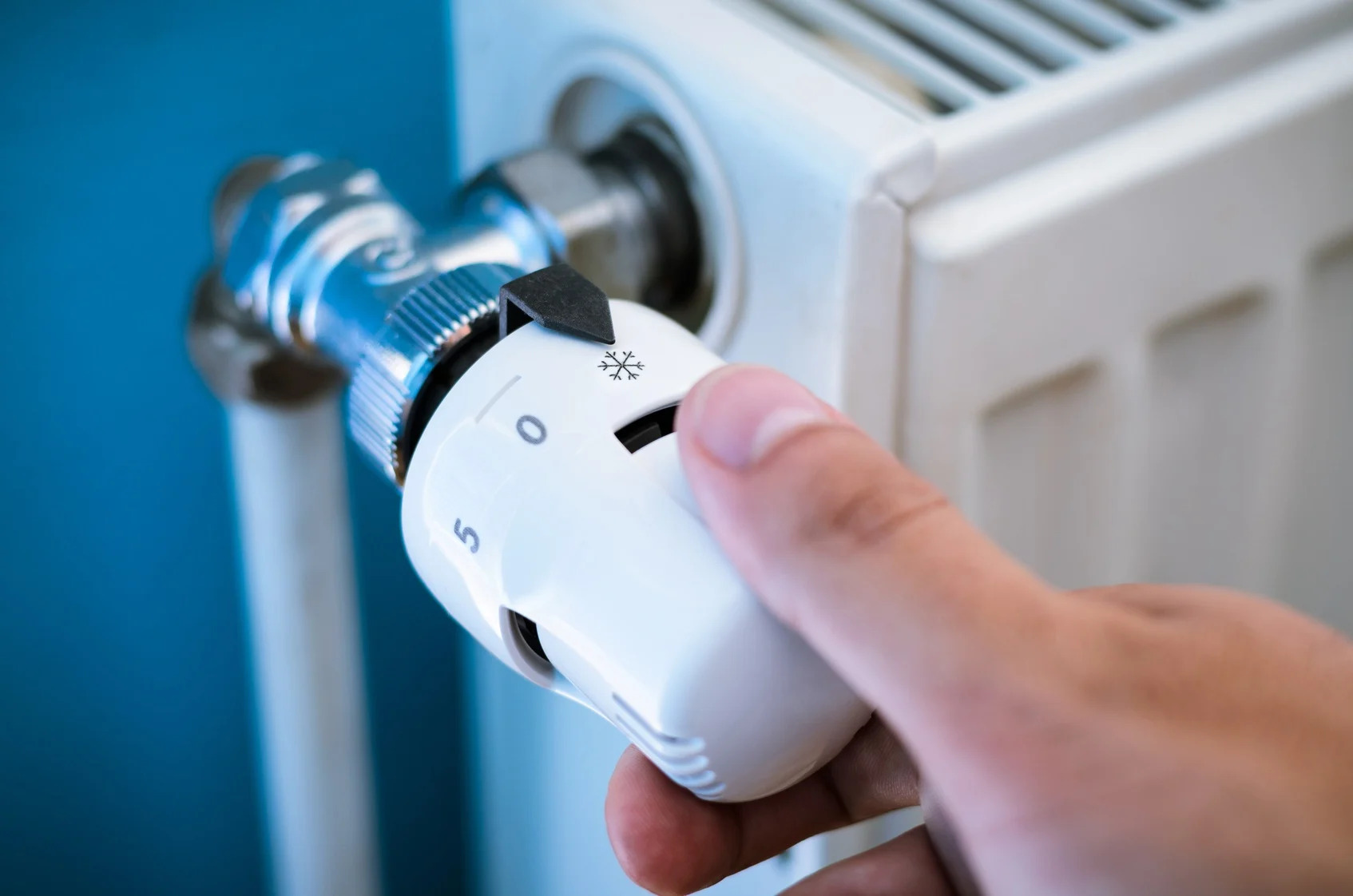
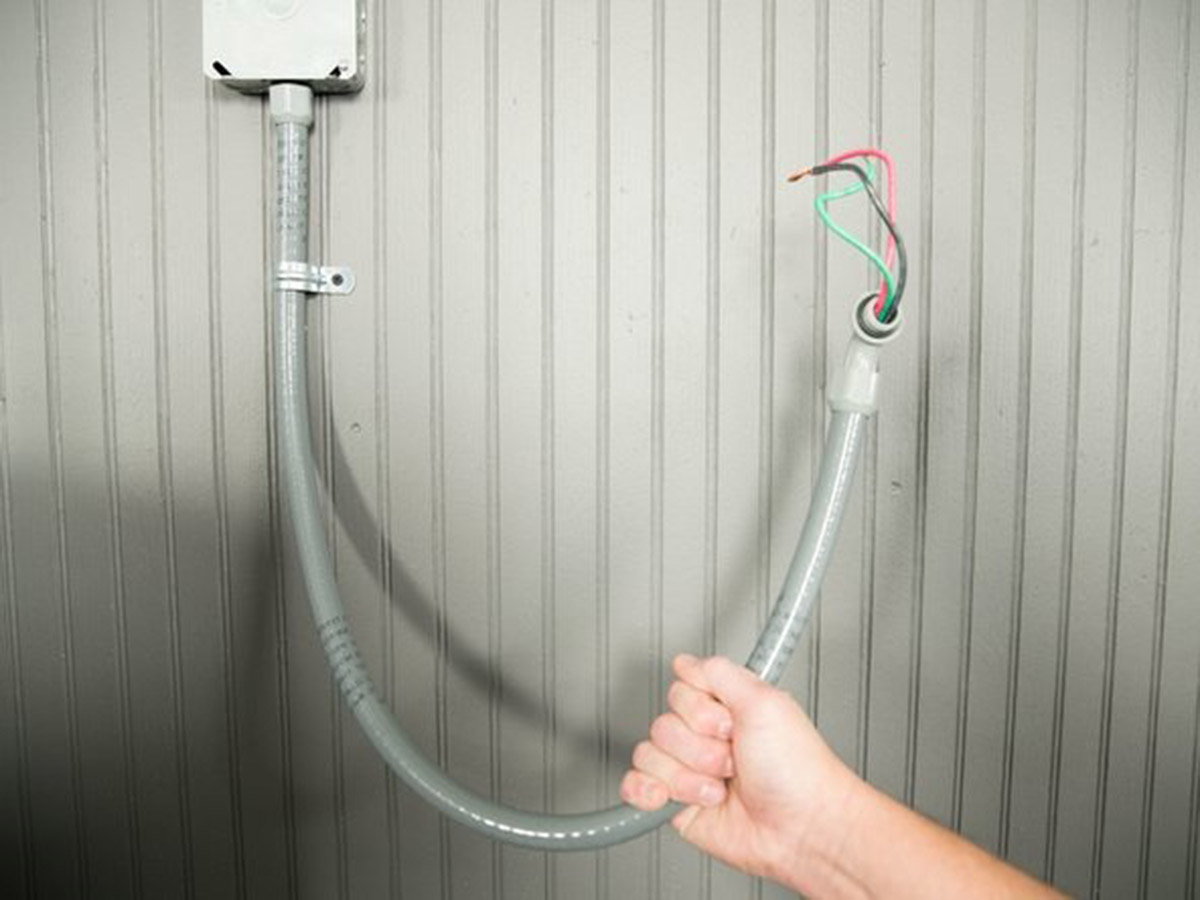
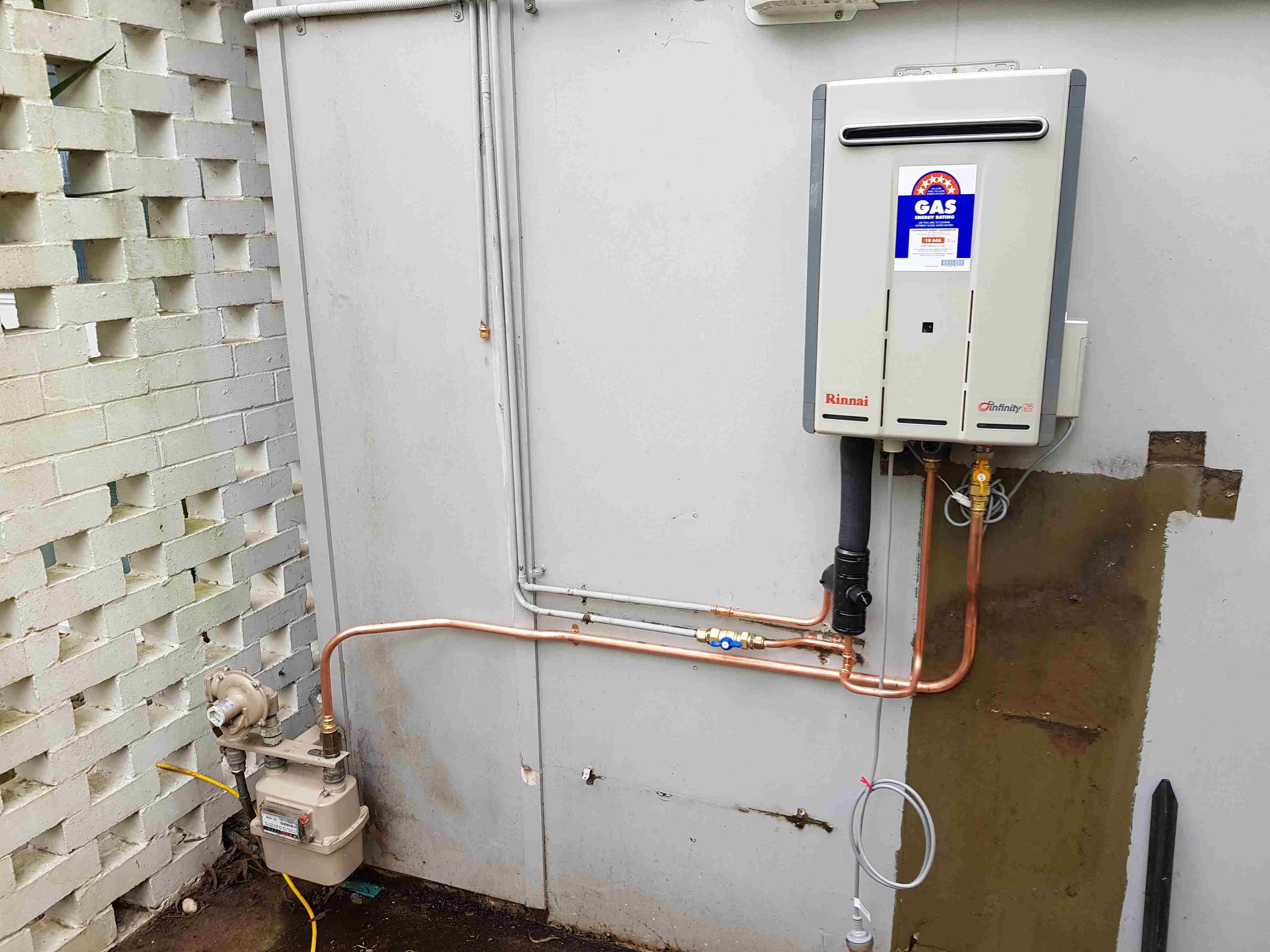
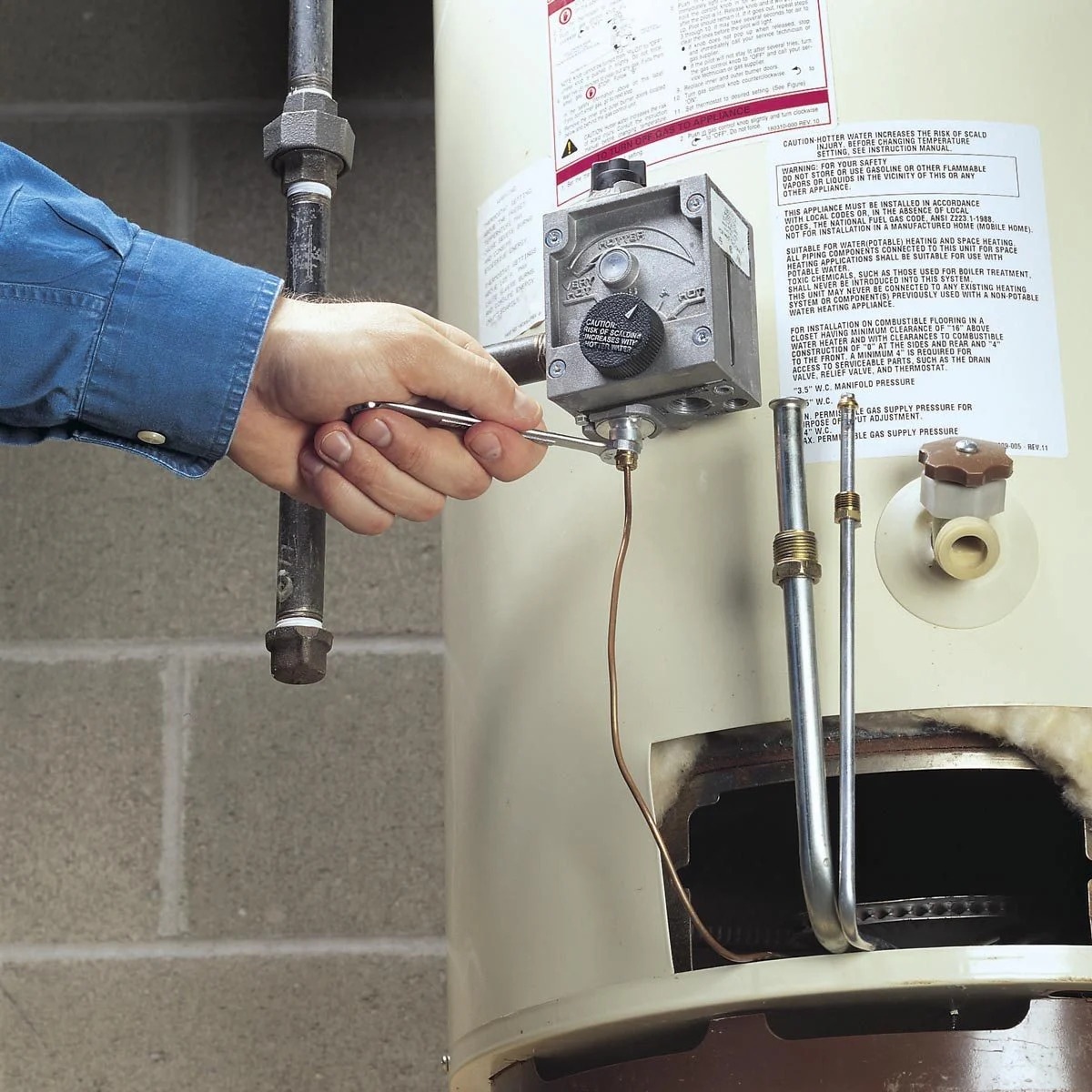
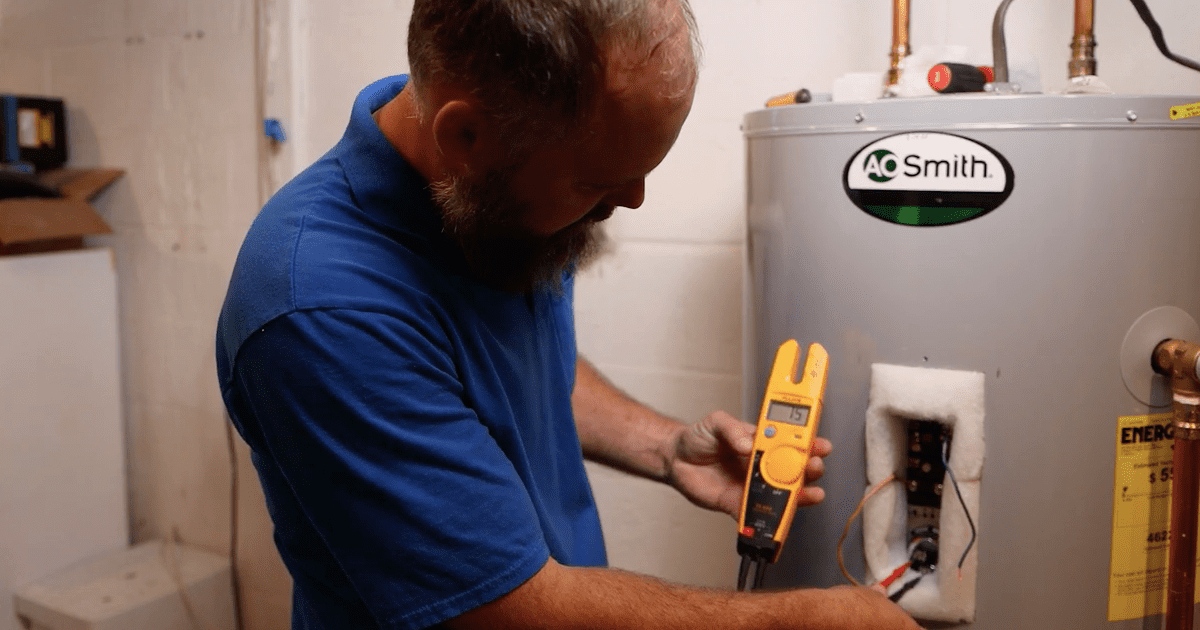
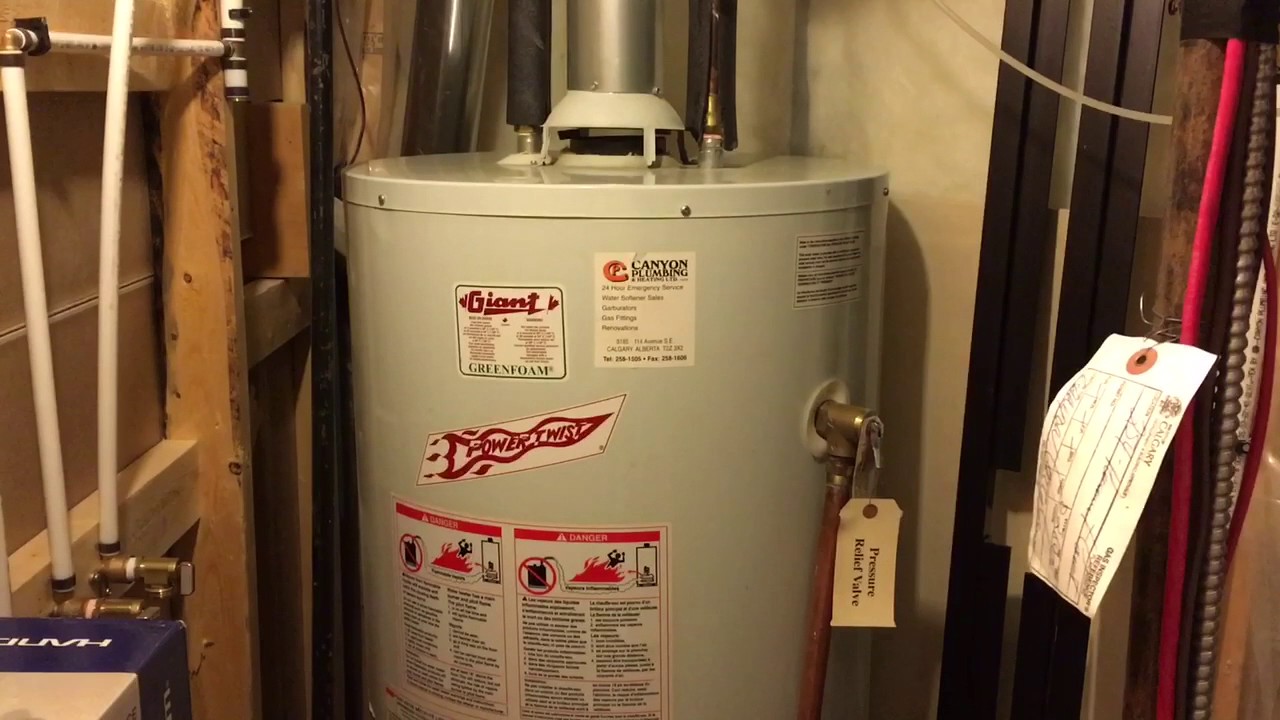
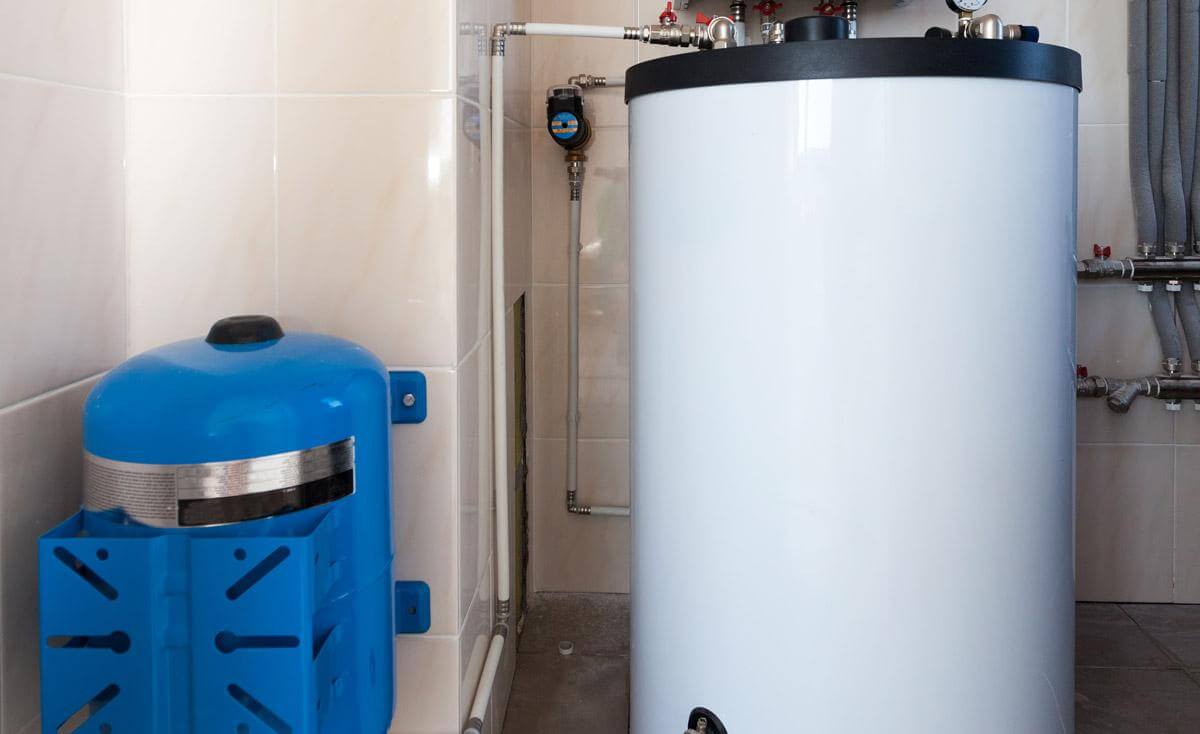
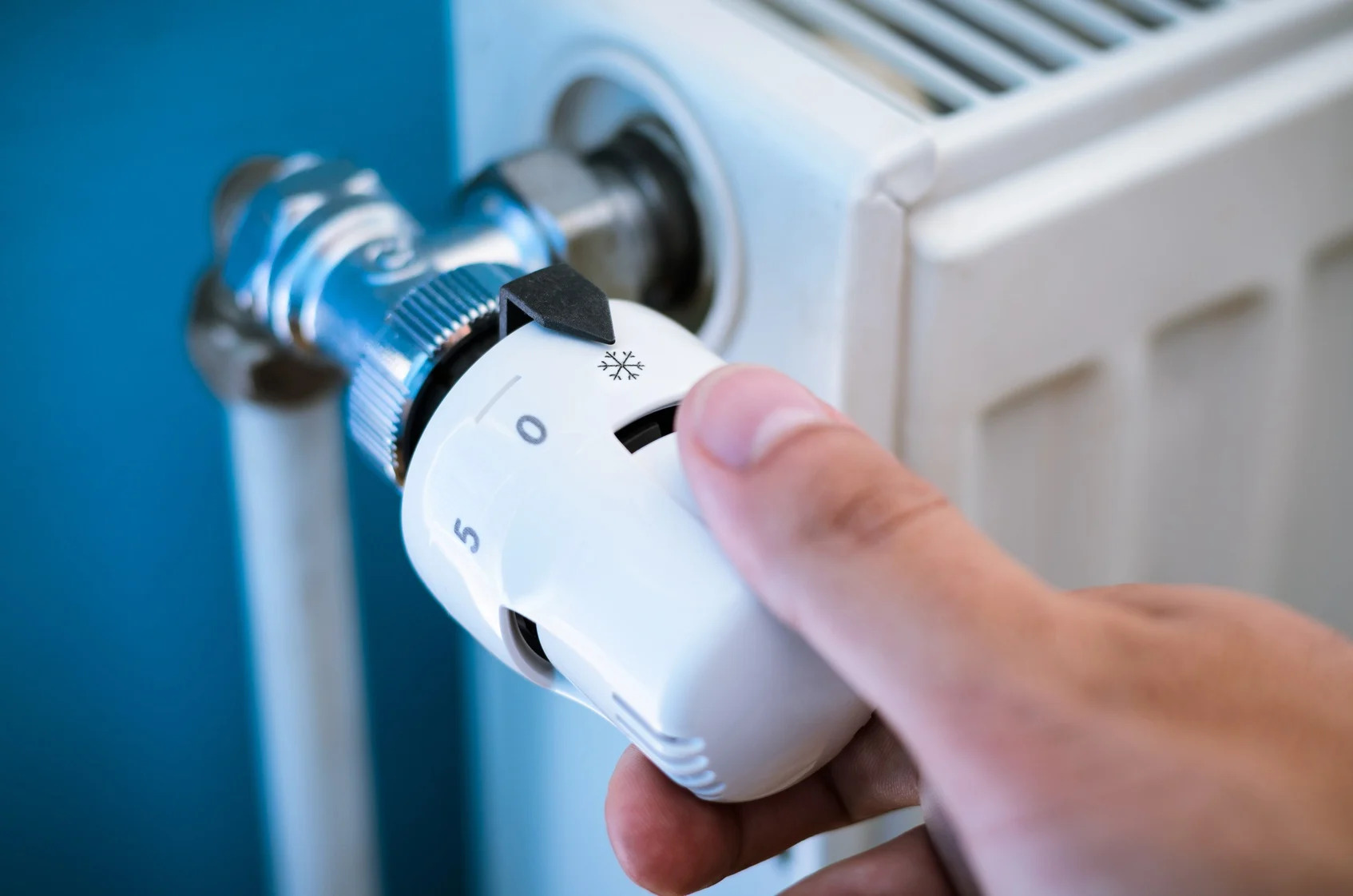

0 thoughts on “What Is An Indirect Water Heater”